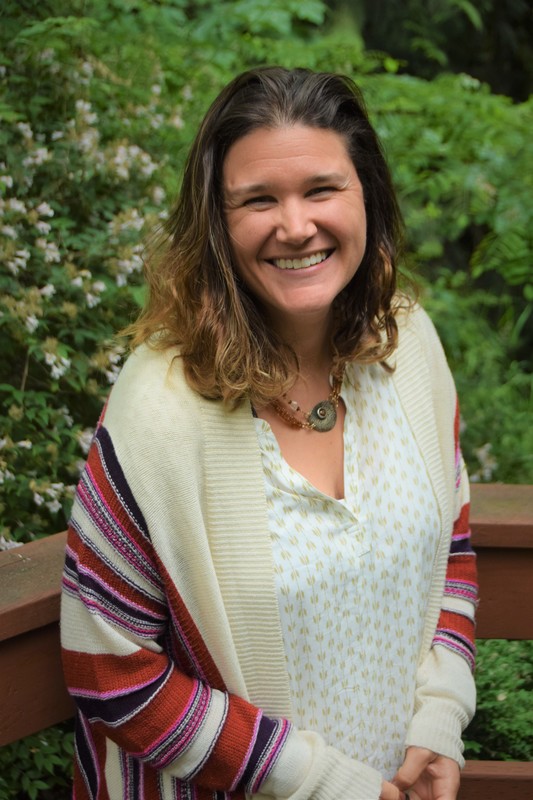|
As your child approaches the end of their second year in the Children's House (EC), I know that you are carefully considering as to whether or not to continue with Montessori. As you many of you might know our Montessori program at MCH includes the full scope of a Montessori Kindergarten curriculum in our program and if you enroll, your children will have the opportunity to learn amazing things!
As many of you have experienced at the children’s house, Montessori helps children to be flexible, self-disciplined, independent learners and self-actualized adults. The third year of the Montessori classroom will continue to give children the opportunity to progress at their own pace in an environment that nurtures a love of learning. Third Year Montessori students explore a realm of mathematics, science, technology, great literature, history, world geography, and the basic organization of human societies. You will find these are the fundamentals of S.T.E.M. programs that these young learners will encounter as the journey through their elementary school years and beyond. Here are a few more reasons to keep your child in Montessori for the Kindergarten year complimentary of The Montessori Children’s Foundation: 1. Kindergarten is not the start of schooling. By five, most Montessori children will begin to read, and many will be introduced to multiplication and division. 2. The third (or Kindergarten) year is the time when many of the earlier lessons come together and become permanent part of the young child’s understanding. An excellent example is the early introduction to addition with large numbers through the bank game. When children leave Montessori at age five, many of their still-forming concepts evaporate, just as a child living overseas will learn to speak two languages, but many quickly lose the second language if his family moves back home. 3. As a five-year-old, your child has many opportunities to teach the younger children lessons that he learned when he was their age. Research proves that this experience has powerful benefits for mentor and mentored. 4. Your child already knows most of her classmates. She has grown up in a safe, supportive classroom setting. And having spent two years together, your child’s teachers know her very, very well. 6. Montessori children learn how to learn – and they learn to love learning 7. In Montessori, your child can continue to progress at her own pace. In traditional Kindergarten, she will have to wait while the other children begin to catch up. 8. If your child has been treated with a deep respect as a unique individual. The school has been equally concerned for his intellectual, social, and emotional development. 9. If your child goes on to another school, he will spend the first half of the year just getting used to the new educational approach. 10. Montessori schools are warm and supportive communities if students, teachers, and parents. Children can’t easily slip through the cracks! 11. Montessori teaches children to be kind and peaceful 12. Montessori is consciously designed to recognize and address different learning styles, helping students learn to study most effectively. 13. Montessori math is based on the European tradition of unified mathematics. Basic geometry is introduced at a young age. 14. Even in Kindergarten, Montessori children are studying cultural geography and beginning to grow into global citizens. 15. Our goal is to develop students who really understand their schoolwork. Learning is not focused on tote drill and memorization. Students learn through hands-on experience, investigation, and research. They become actively engaged in their studies, rather than passively waiting to be spoon-fed. 16. We challenge and set high expectations for all our students, not only a special few. Students develop self-discipline and an internal sense of purpose and motivation. 17. The Montessori curriculum is carefully structured and integrated to demonstrate the connections among the different subject areas. Every class teaches critical thinking, composition, and research. History lessons link architecture, the arts, and science. 18. Students learn to care about others through community service. 19. Students in Montessori schools are not afraid of making mistakes because they have learned how to self-correct; they see them as natural steps in the learning process. 20. Students learn to collaborate and work together in learning and on major projects. They strive for their personal best, rather than compete against another for the highest grade in their class As you can see a Montessori Children’s House third year student learns many specific skills but more importantly, they acquire the general, underlying conviction that they live in an orderly universe and that they can understand and succeed if they try. They learn the value of being observant and exerting effort, the skills of interacting well with other people, the importance of carefully identifying and naming the objects they encounter, the joy of writing and reading, and the fascinating nature and practicality of math. Upon completion of your child’s third year they will take the first crucial steps on the road to becoming an independent, self-sustaining, life-loving adult. With Regards, Crystal C. Doyle Early Childhood Program Director Montessori Children's House
4 Comments
|
Melissa BrooksEarly Childhood Program Director Archives
November 2017
Categories |
|
Montessori Children's House
5003 218th Ave. NE Redmond, WA 98053 Phone: 425-868-7805 [email protected] For Records Requests, please reach out to [email protected]. |
Founded in 1987
|


 RSS Feed
RSS Feed
